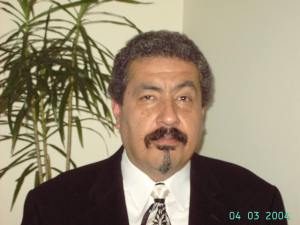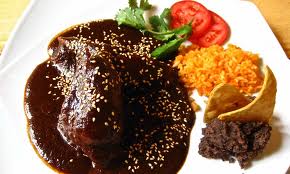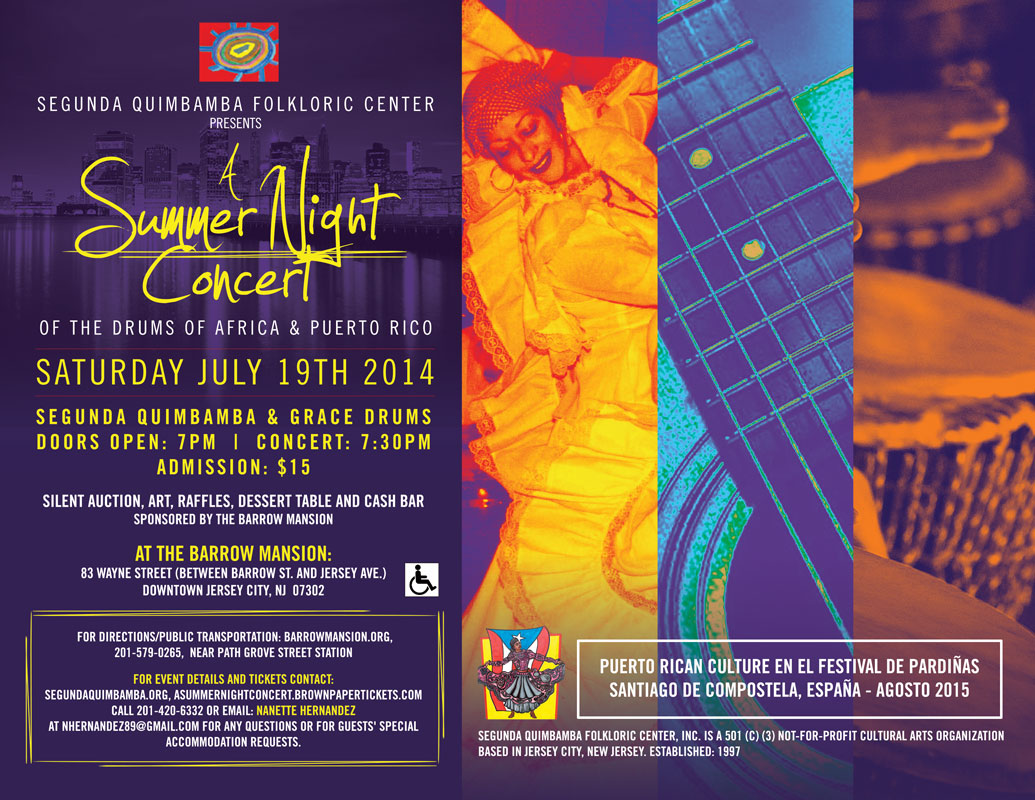Exploring Mexico’s African Heritage with Dr. Marco Polo Hernández

by Nicolle Morales Kern
“We need to look deeper into our Africanness to understand ourselves,” says Dr. Marco Polo Hernández, a professor of Spanish and Afro-Hispanic studies at North Carolina Central University, in a recent phone interview. Mexico’s African heritage is not normally discussed or highlighted in conversation, or even education. But, Dr. Hernández, who holds a Ph.D. in Hispanic and Italian Studies from the University of British Columbia, a M.A. in Spanish Language and Peninsular and Latin American literatures, and a B.A. in General Studies & Spanish language and literatures from Portland State University, says that is slowly starting to change.
Growing up in Mexico City, Dr. Marco Polo Hernández Cuevas was not raised in a household or a society that highlighted the African influence on Mexico. While Father José María Morelos, who led the Independence movement from 1811 to 1815, is talked about, his African heritage is not. In school, everyone was told that they were mestizos (racially mixed), as most Latinos believe they are because the country’s African roots are rarely discussed.
“It wasn’t until I left Mexico, some 30 odd years ago, that I became aware that I was a different kind of Mexican. At 5’11” with an afro, most people thought I was Puerto Rican or Cuban.”
However, his African heritage was apparent in the language he spoke every day. Before Spanish or English, he learned Chilango, a language spoken by about 15 million people and developed in Mexico City by the lower socio-economic classes, castas or Afro-descendants. It is similar to Loango, a language spoken by Afro-Venezuelans, and has a lot of similar concepts with Ebonics.
Herández has dedicated his life to researching and sharing the African influence on Mexico (he has written five books on the subject). Dr. Hernández also shares his findings through the Instituto Mexicano de la Africania Americana (Mexican Institute of Africana Studies). He approaches these studies with the view that every Mexican is an Afro-Mexican; that the Mexican people have been Africanized – from the way they dance to the way they eat.
For instance, Hernández – also a Chef de Cuisine trained in the U.S. Army – was once asked, “Do Mexican people have soul food?” to which he replied, “Mexican food is soul food. Rice came to Mexico from Africa, and the way in which tamales are prepared today – with the addition of fat in the filling and the process of frying them – was introduced by Africans. Also, candied fruits Mexicans pride themselves in are made with a technique that came from Africans.”

Mole Poblano. Photo: http://www.puebla-mexico.com.
Another point of contention is the origins of the Mexican mole.
“Until now folklore would have you believe it was developed by nuns in the state of Puebla. Mole is a stew similar to a stew I have seen in Senegal, both in color and texture, and throughout western coast of Africa there are various types of peanut stews. It was first taken from America to Africa, locals adapted it and the knowledge came back to America.”
When he speaks of Mexico’s African roots, he is mostly met with denial and many people do not embrace his ideas. However, there is a great development going on and a growing number of people are interested in and proud of their heritage, and the Mexican government is slowly beginning to recognize the country’s ancestry.
“I think it has to do with President Obama. For instance, no one speaks of Chavez’ roots and he was elected before Obama. There are prominent scientists, and professors who recognize themselves as Afro-Mexican. At the university level, there is a very strong generation that are working to learn more and spread knowledge, but it’s still at a grass-roots level. I hope that we can educate all Mexicans that we descend from Africans in part,” says Hernández.

Octavio García Mundo
The view that all Mexicans have been Africanized is one he shares with Octavio García Mundo, a former full time professor of history of Africa and Asia at the School of History of the Universidad Veracruzana where he started teaching in 1975.
“Octavio García Mundo received the Gonzalo Aguirre Beltrán medal, for his work exposing cultural links between Africa and the Caribbean. For over twenty years he has been conducting research and field studies of African Mexicans at El Coyolillo, Veracruz.”
The fact that some may be reluctant to accept or explore Africa’s influence on Mexico doesn’t make it any less important to share.








SHARING !!!!! a video about musci and dance on the Costa Chica of Mexico
Reblogged this on A Black Writer in Berlin and commented:
Just to remind everyone that yes, there is an Afro-Mexico, and it’s bigger and more deeply-rooted than you think.
Im realy impress by this article.As an African from Africa proper, I always question myself on issues pertaining to african diasporas in their millions. I hope new studies are needed to create an atmosphere of consciousnes of identity. By. OMAR ALI BULI. from kenya. East Africa
Im realy impress by this article.As an African from Africa proper, I always question myself on issues pertaining to african diasporas in their millions. I hope new studies are needed to create an atmosphere of consciousnes of identity. By. OMAR ALI BULI. from kenya. East Africa